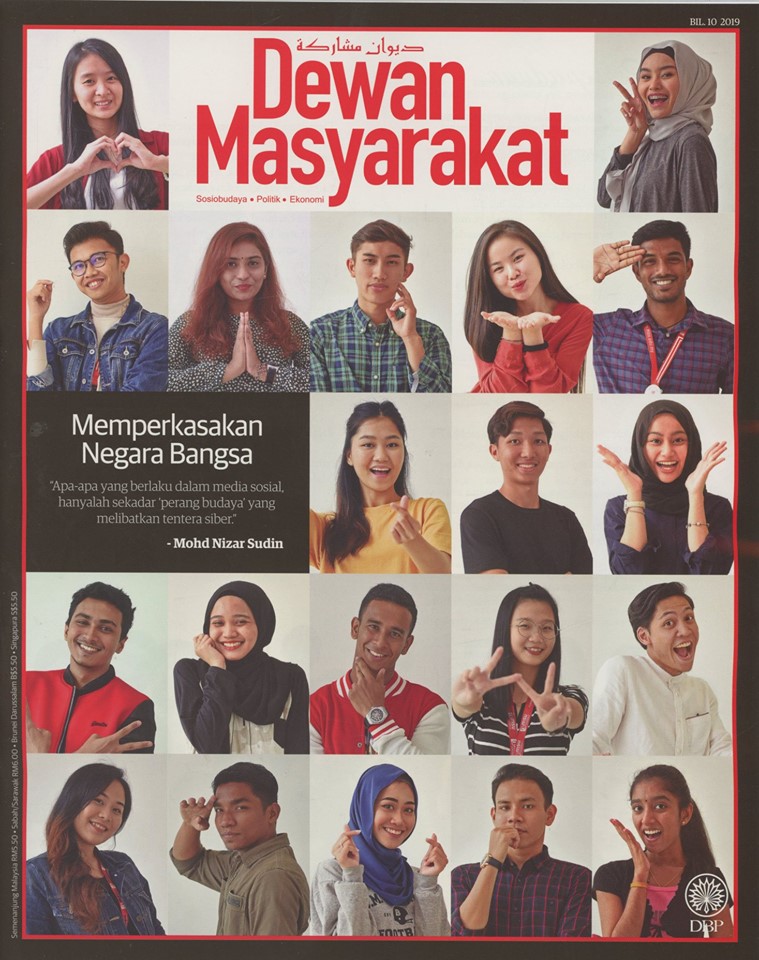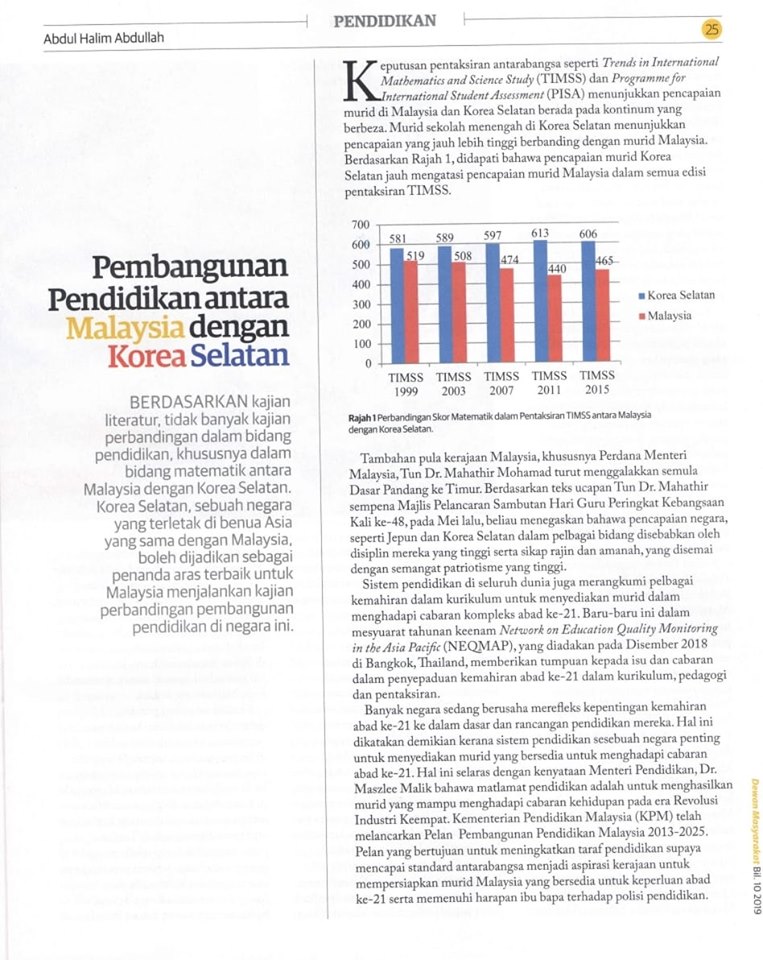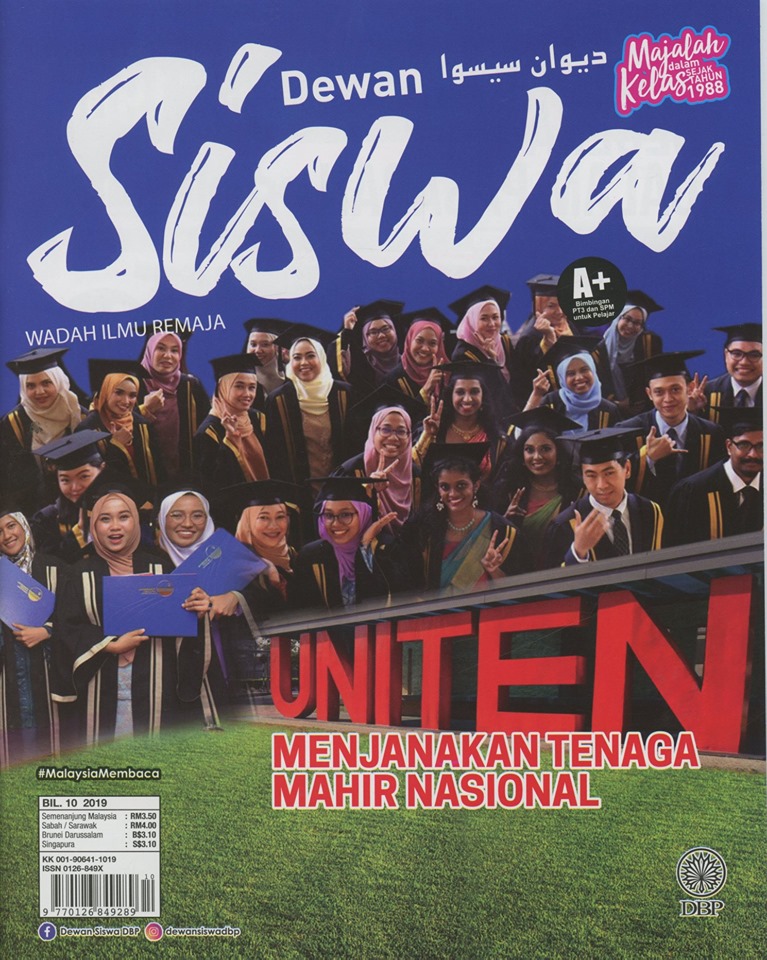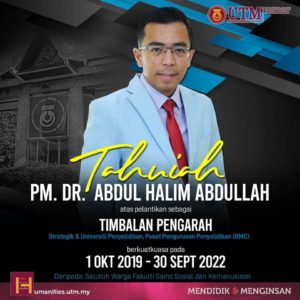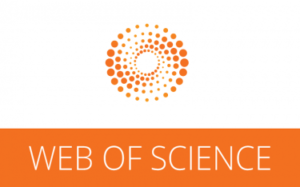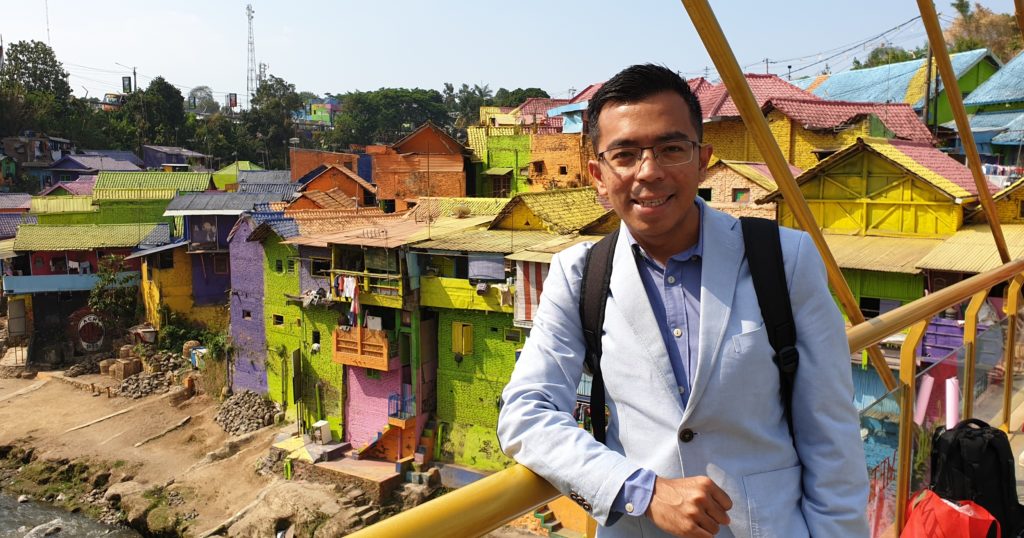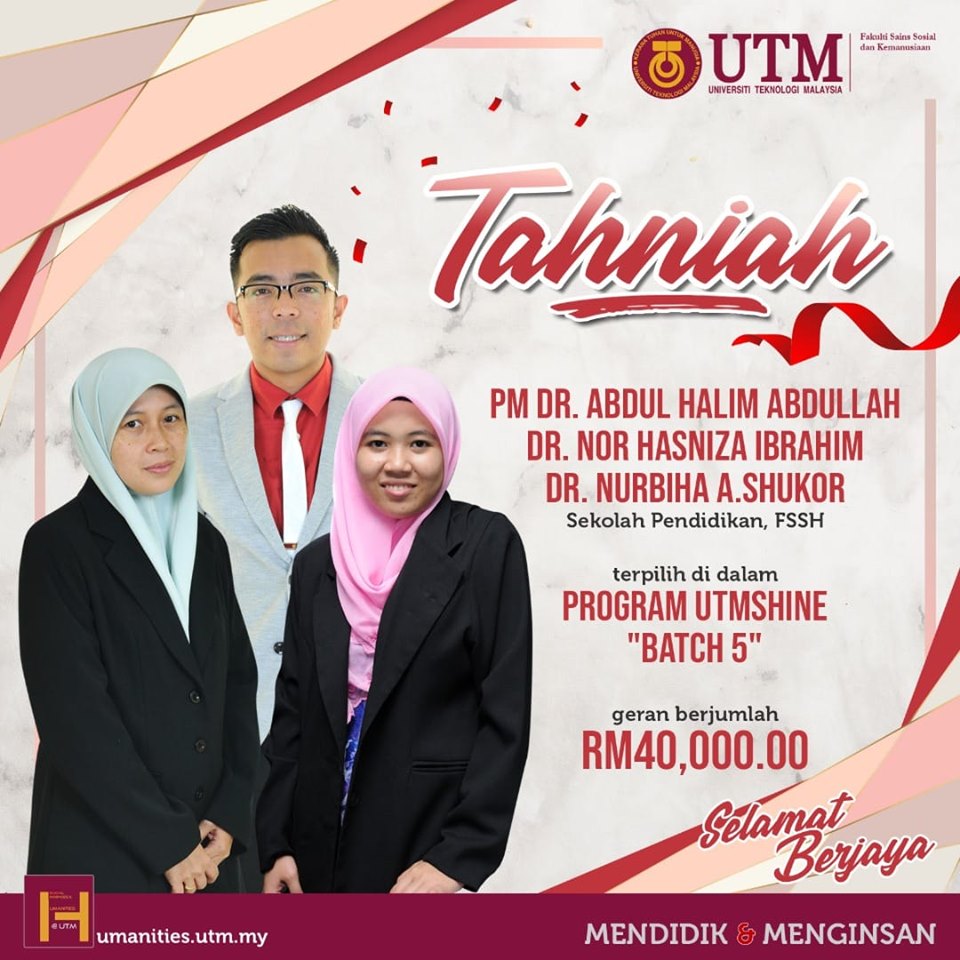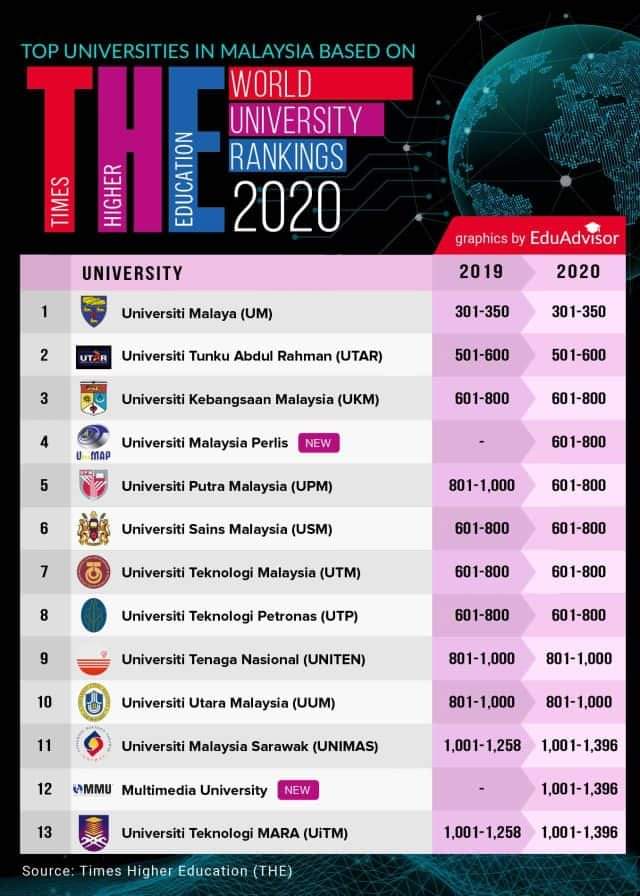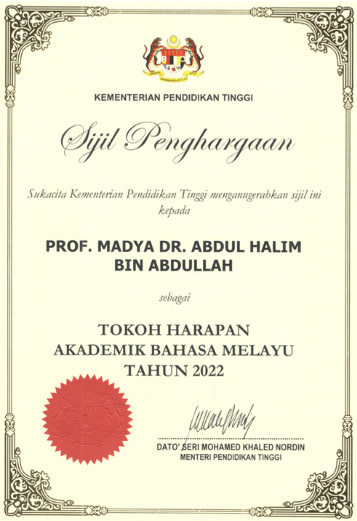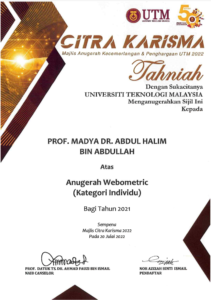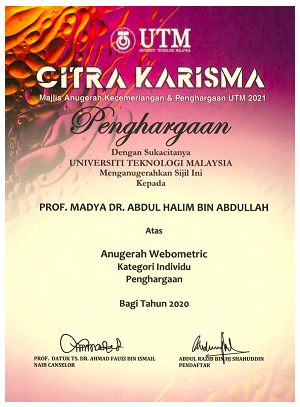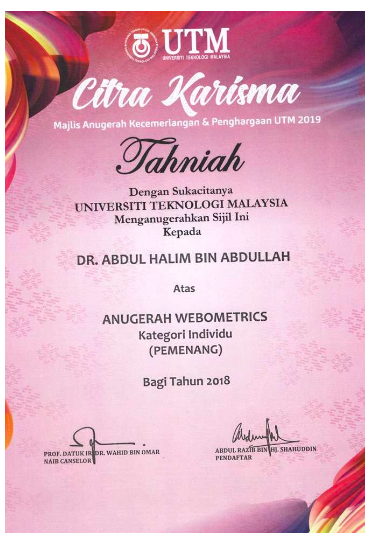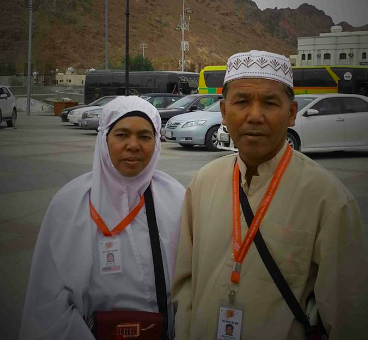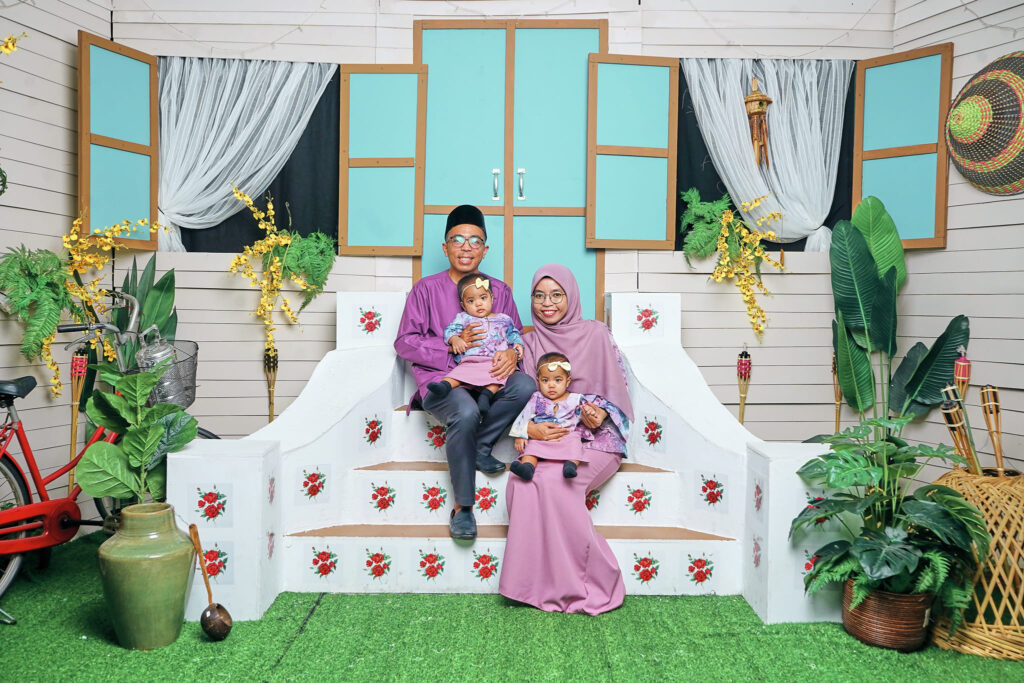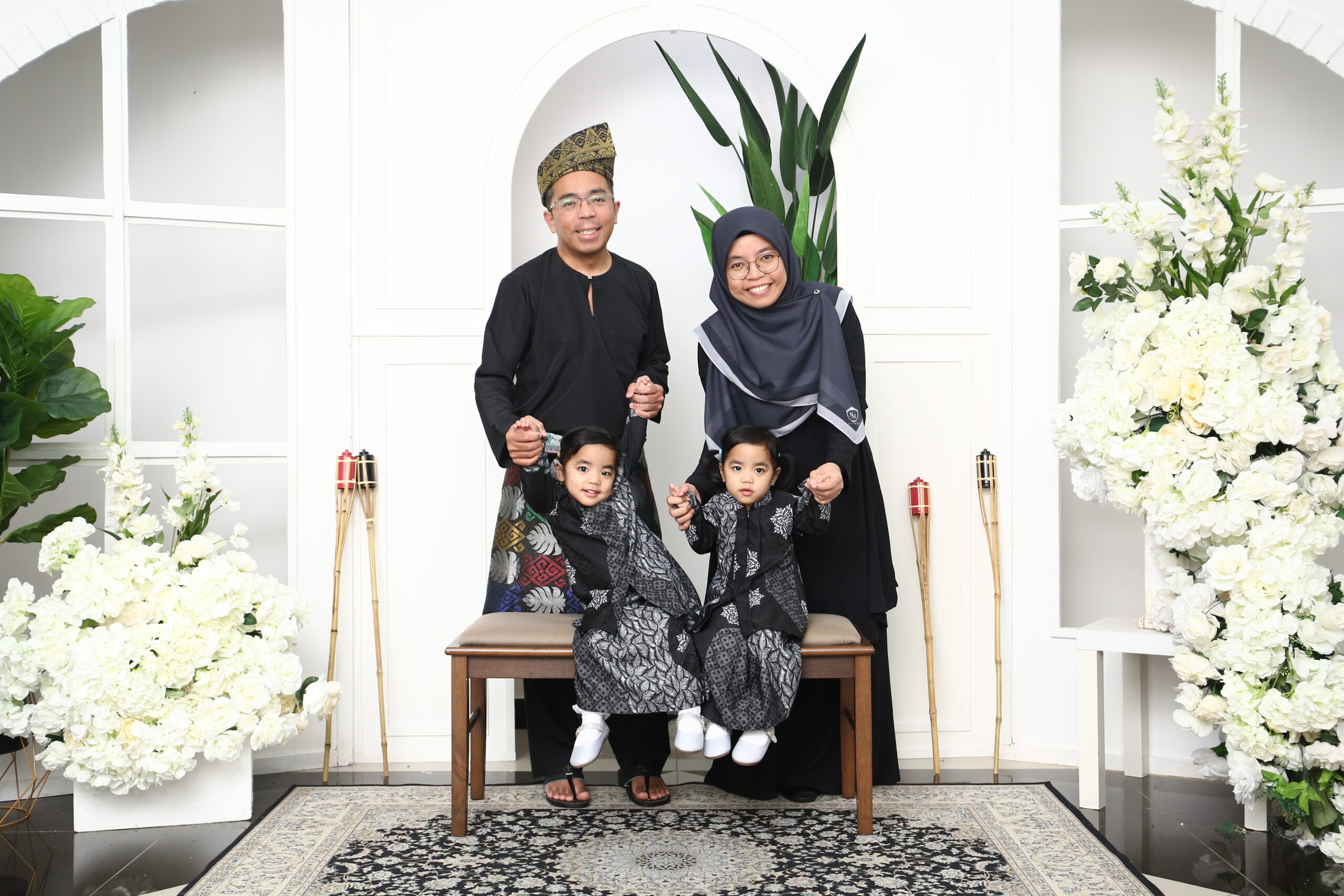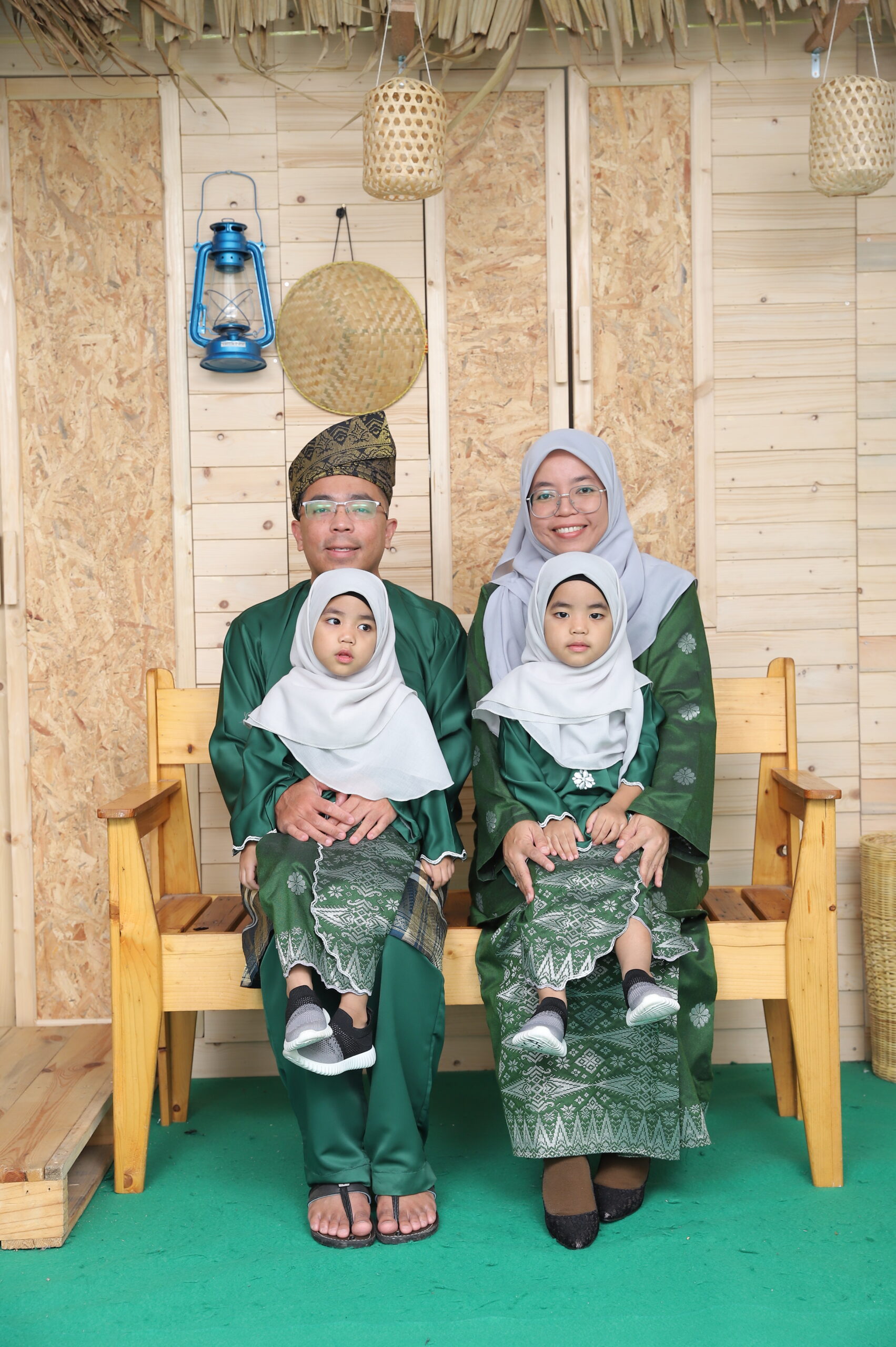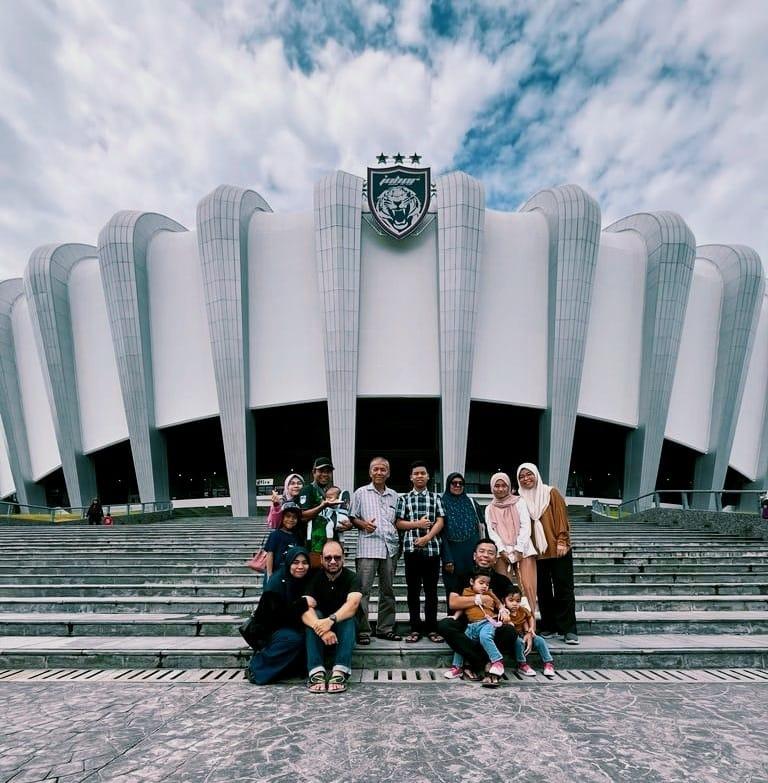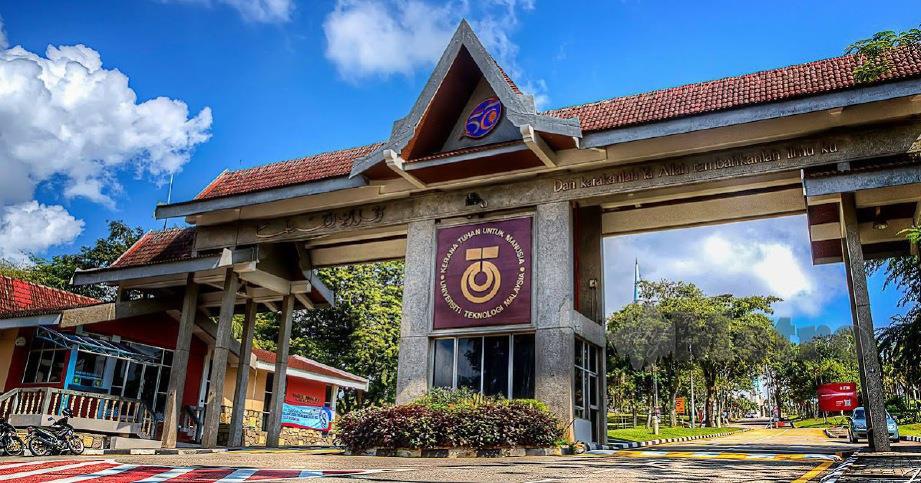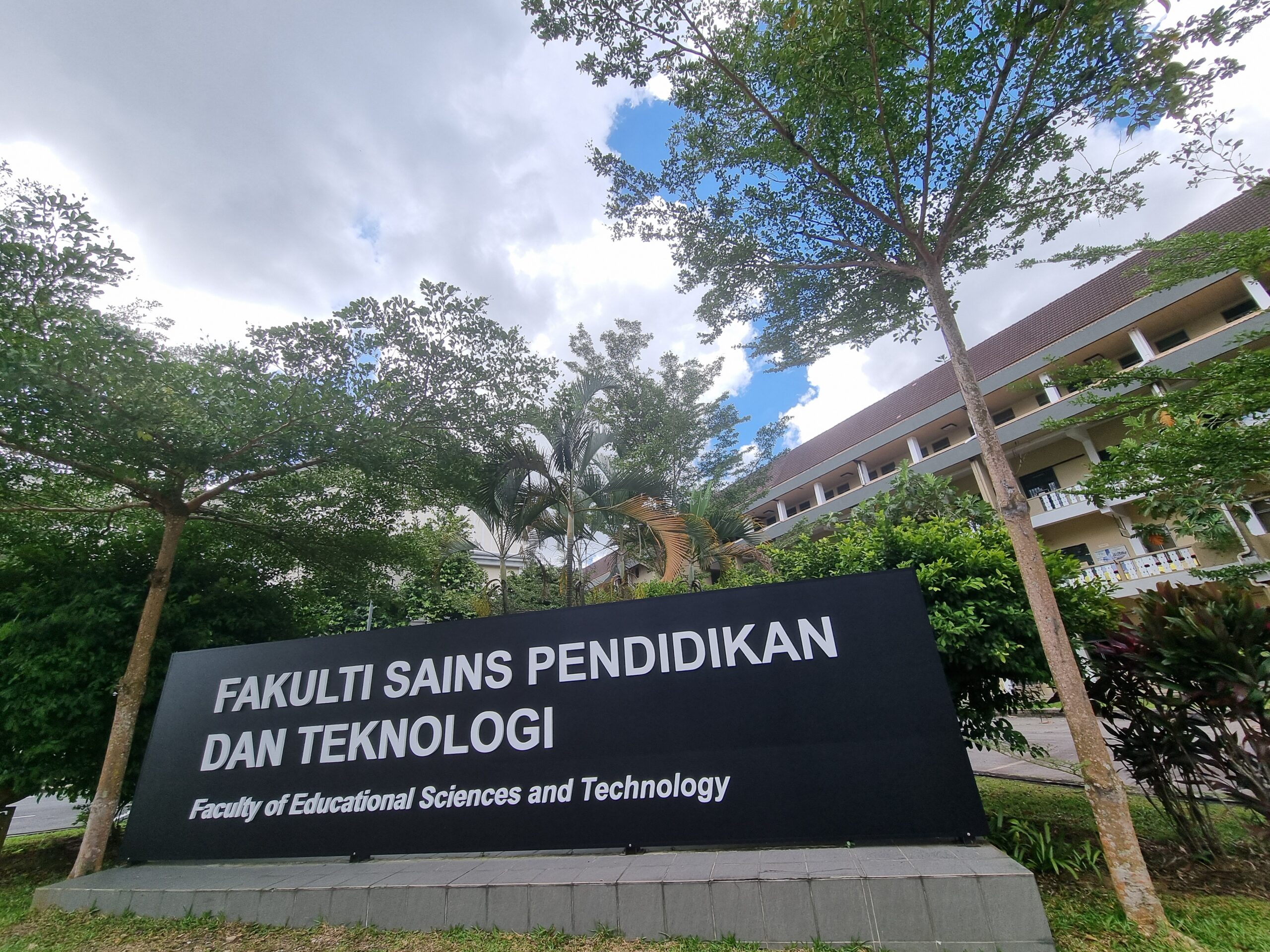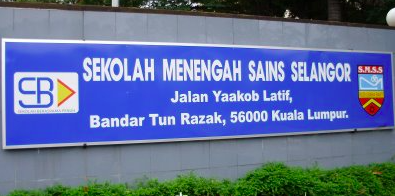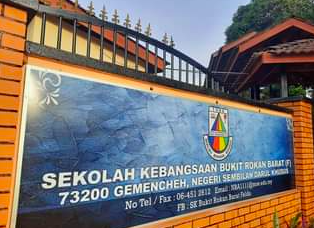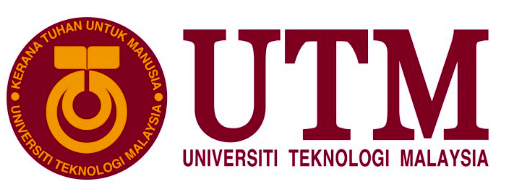Alhamdulillah, dua artikel saya bersama host professor saya di Korea Selatan telah diterbitkan. Artikel pertama bertajuk “A Comparative Study of Quadrilaterals Topic Content in Mathematics Textbooks Between Malaysia and South Korea” dalam Journal on Mathematics Education dan artikel kedua bertajuk “How Do Malaysian and South Korean Mathematics Teachers Encourage Collaboration among Students in Mathematics Classroom?” dalam International Journal of Recent Technology and Engineering (IJRTE). Kedua-dua jurnal adalah jurnal terindeks Scopus.
Abstrak artikel pertama:
This study compares Malaysian and Korean geometry content in mathematics textbooks to help explain the differences that have been found consistently between the achievement levels of Malaysian and South Korean students in the Trends in International Mathematics and Science Study (TIMSS). Studies have shown that the use of textbooks can affect students’ mathematics achievements, especially in the field of geometry. Furthermore, to date, there has been no comparison of geometry content in Malaysian and Korean textbooks. Two textbooks used in the lower secondary education system in Malaysia and South Korea were referred. The topic of quadrilaterals was chosen for comparison, and the topic’s chapter in the South Korean textbook has been translated into English. The findings show four main aspects that distinguish how quadrilaterals are taught between the two countries. These aspects include the composition of quadrilaterals topics, the depth of concept exploration activities, the integration of deductive reasoning in the learning content and the difficulty level of mathematics problems given at the end of the chapter. In this regard, we recommend the Division of Curriculum Development of the Malaysian Ministry of Education reviews the geometry content of mathematics textbook used today to suit the curriculum proven to produce students who excel in international assessments.
Artikel penuh boleh dibaca melalui :
Abstrak artikel kedua:
Collaboration activities in mathematics classes are activities that actively involve students. Collaborative learning is one of the features in the 21st-century pedagogical framework. Many studies have shown the positive impact of the activities collaboration in groups of students on various aspects such as mathematics achievement, concept understanding, attitude, motivation and so on. Malaysia and South Korea are two countries that promote cooperative and collaborative learning as suggested in their mathematics curriculum. In this regard, the study compares how secondary school mathematics teachers in Malaysia and South Korea carry out collaborative activities among students in mathematics classes. Furthermore, this study may help explain why mathematics achievements of South Korean students are outstanding in international assessments compared to Malaysian students, especially in terms of collaborative activities in mathematics classes. This study adopted a survey design using questionnaires followed by interviews with mathematics teachers to obtain more in-depth information on the aspects of interest. A total of 71 respondents from Malaysia and 51 respondents from South Korea were involved in this study. Three mathematics teachers from each country were interviewed. The questionnaire consists of 12 items. The reliability of the questionnaire using Cronbach’s alpha was 0.94. The results showed that mathematics teachers in both countries do not use educational technology such as dynamic geometry software and the internet to promote collaboration in mathematics classes. Nevertheless, group discussion, problem-solving and group assignments are carried out in mathematics classes in both countries. All in all, this study found similarities in the aspects of collaborative activities in mathematics classes. Further studies have to be carried out on the types of tasks given, the difficulty level of mathematical problems that need to be solved in the group, learning aids other than the ICT being used and other relevant aspects.
Artikel penuh boleh dibaca melalui :




